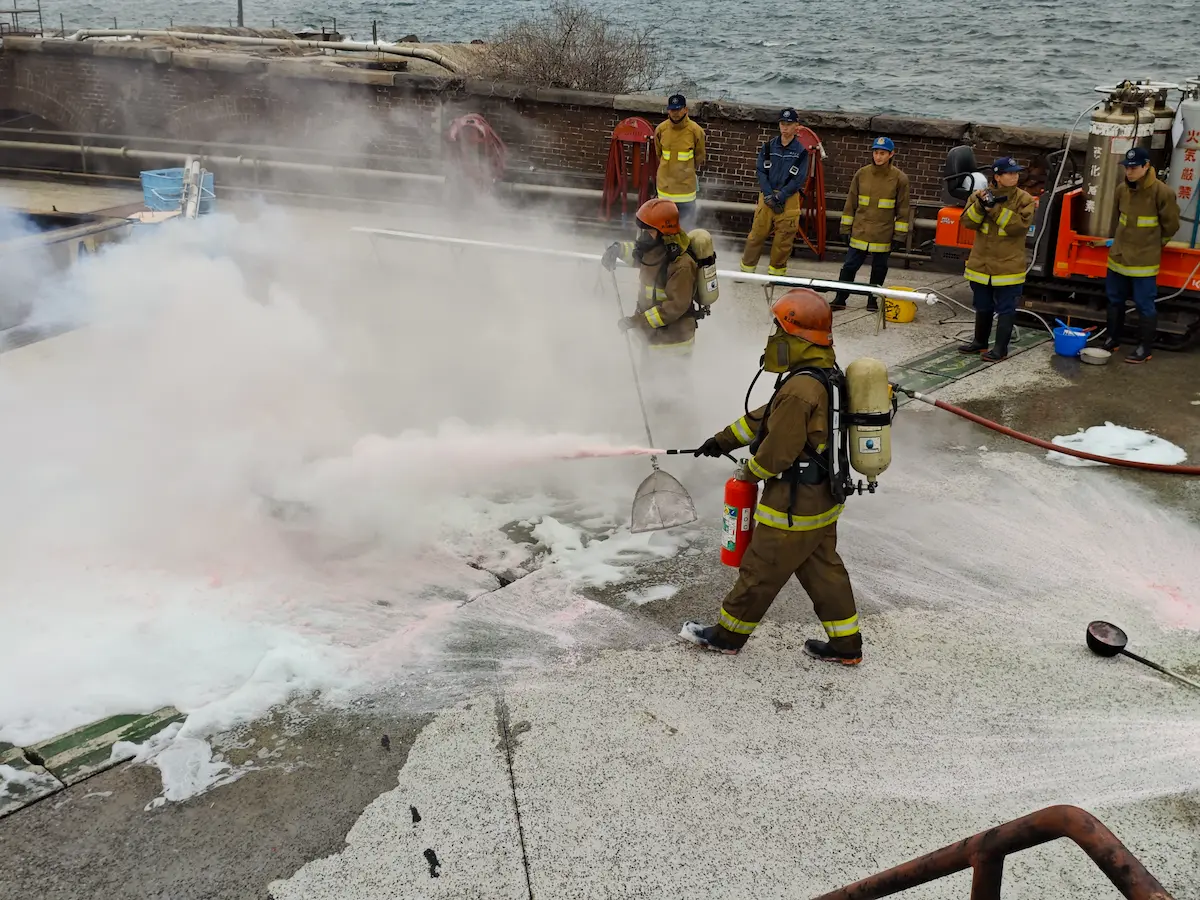
World transport lines enter a new period. By moving the marine to decor -in -deciring, ships are increasingly changing from ordinary heavy fuel oils to zero or almost zero emissions such as hydrogen, ammonia, methanol and battery power.
This transfer is very important for achieving global climate goals, but it also raises an important question: Are sailors ready to work and maintain these next -generation ships safely and efficiently?
In International Maritime Organization (IMO)The body of the United Nations that regulates the transport takes the determinant measures to ensure the “yes” response. Through the new training frameworks, temporary guidelines and global support programs, IMO is trying to provide maritime labor for energy transfer, which is not only technological but human.
Determine the new criterion of world education
IMO has released this version to create a skill gap created by alternative fuels and advanced ship technologies Public Temporary Instructions on Sailors Training on Ships Using Alternative Fuels and New Technologies (STCW.7/CIRC.25)Human
These guidelines create an international framework for how to design marine education institutions and regulators to design and approve work crew courses with emerging propulsion systems.
Importantly, the frame of the agnoism fuel is not. IMO is formulating specific fuel and technology temporary training guidelines by understanding the safety and unique requirements for any low -publication solution. These are areas such as:
- Methyl/ethyl alcohol – Training in safety, safety against fire and response to casting.
- Ammonia and hydrogen – Emphasizing on toxicity, risk of explosion and banking methods.
- LPG (liquid oil gas) – Cryogenic operations and freight system management.
- Battery ships and fuel cells – Prevention of thermal escape, emergency shutdown and energy maintenance.
These specialized modules are set up for the Human, Education and Guardian Sub -Committee (HTW 12) in February 2026.
Their results are expected to become a revision of the International Convention on Education, Certificate and Guardian for sailors (STCW 1978) and convert today’s voluntary voluntary standards into global forced global requirements.
Beyond Regulations: Increasing capacity around the world
IMO does not stop at issuing guidance. This recognizes that for meaningful education, its capacity must be available everywhere – not just in advanced economies.
Some of the main initiatives of this organization are:
- Training of a regional coach in Asia
A three-year-old Japanese budget project helps marine education centers in Asian countries create an internal expertise for LNG fuel shipments-a practical stairs to other alternative fuels. - Participation with the World Maritime University (WMU)
Along with WMU, IMO is preparing cutting training materials on alternative fuels and safe use in the sea. This cooperation is also to Sea. Only Transfer Task Force The frameworks have been launched recently. - Greenvoyage2050 supports developing countries
Through this initiative, IMO helps local coaches design their designed courses for their areas and provide e -learning modules and digital resources to increase cost -effective costs. - Connecting regulators and industry
IMO -backed events, such as a recent seminar in Singapore, show new training tools, including VR -based simulations and methanol fire drills, as well as innovative safety systems for next -generation ships.
Fair and safe energy transfer for sailors
Decoring in transportation is more than one technical change. This is a human transformation. Sailors, who keep the trade in the world moving, must have the right knowledge and confidence to work with unfamiliar fuels and technologies.
IMO’s preventive stance, updating education standards, supporting countries and engaging with the academy and industry provides the basis of a fair transfer in which no sailing is left.
Since the STCW modified Convention is formed, ship owners, operators, and providers are wise to monitor these developments closely. Balance of crew training with emerging standards not only improves safety but also shows commitment to sustainable and adaptive operations.
For more information on IMO work in this area, see sailors to transfer energy.